Apple Confirms Unencrypted Kernel in iOS 10 Beta is Intentional
Yesterday it was discovered that iOS 10 does not feature an encrypted kernel, allowing users and researchers access to the core of the operating system and its inner workings. It was unclear at the time whether the lack of encryption was an accident or intentional, but today Apple confirmed to TechCrunch that the company did not encrypt the kernel for a reason.
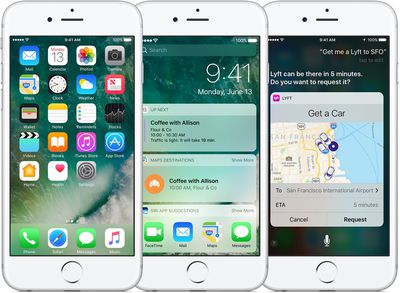
“The kernel cache doesn’t contain any user info, and by unencrypting it we’re able to optimize the operating system’s performance without compromising security,” an Apple spokesperson told TechCrunch.
The kernel, which dictates how software can use hardware and keeps the device secure, is unencrypted so that developers and researchers can "poke around" and find potential security flaws. Because the kernel is easier to access and flaws may be easier to find, Apple can more easily and more quickly patch potential issues.
The move is a shift for Apple, who had encrypted the kernel in past versions of iOS, leaving developers and researchers out of the loop on the inner workings of the operating system. As noted by security expert Jonathan Zdziarski, it's likely that Apple has made this shift to prevent groups from "hoarding" vulnerabilities in Apple's software, like the vulnerability used by the FBI to break into the iPhone 5c of the San Bernardino shooter.
Popular Stories
iOS 18 will give iPhone users greater control over Home Screen app icon arrangement, according to sources familiar with the matter. While app icons will likely remain locked to an invisible grid system on the Home Screen, to ensure there is some uniformity, our sources say that users will be able to arrange icons more freely on iOS 18. For example, we expect that the update will introduce...
The next-generation iPad Pro will feature a landscape-oriented front-facing camera for the first time, according to the Apple leaker known as "Instant Digital." Instant Digital reiterated the design change earlier today on Weibo with a simple accompanying 2D image. The post reveals that the entire TrueDepth camera array will move to the right side of the device, while the microphone will...
Apple today released macOS Sonoma 14.4.1, a minor update for the macOS Sonoma operating system that launched last September. macOS Sonoma 14.4.1 comes three weeks after macOS Sonoma 14.4. The macOS Sonoma 14.4.1 update can be downloaded for free on all eligible Macs using the Software Update section of System Settings. There's also a macOS 13.6.6 release for those who...
Apple has previously announced three new iOS features that it said are coming to the iPhone later this year, as outlined below. The new features include the ability to install iPhone apps on the web in the EU, RCS support in the Messages app, and next-generation CarPlay. Web Distribution Apple recently announced that eligible developers will soon be able to distribute their iOS apps to ...
Apple's iPhone development roadmap runs several years into the future and the company is continually working with suppliers on several successive iPhone models concurrently, which is why we sometimes get rumored feature leaks so far ahead of launch. The iPhone 17 series is no different, and already we have some idea of what to expect from Apple's 2025 smartphone lineup. If you plan to skip...
iOS 18 will feature a revamped Home Screen that is "more customizable," according to Bloomberg's Mark Gurman. He revealed this information in his Power On newsletter today, but he did not provide any specific details. Subscribe to the MacRumors YouTube channel for more videos. Apple will announce iOS 18 at its annual developers conference WWDC in June. Other features and changes rumored for...
We're getting closer to the launch of new iPad Pro and iPad Air models, while rumors about iOS 18 are continuing to ramp up with this week's surprise revelation that Apple has been talking to Google and others about potentially helping power the generative AI features expected to be a major part of this year's update. Other news this week saw the release of iOS 17.4.1 and iPadOS 17.4.1...



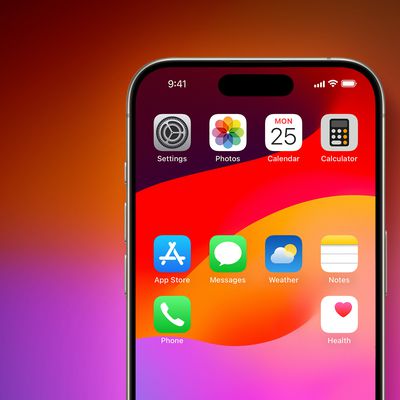

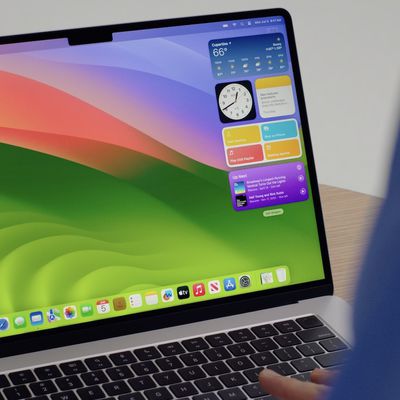
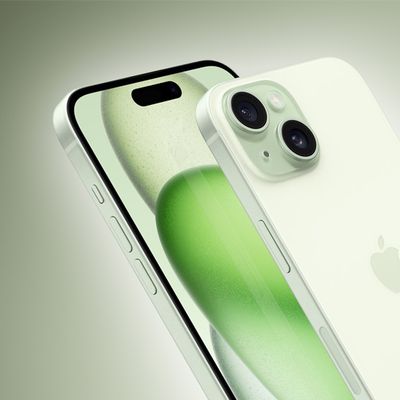
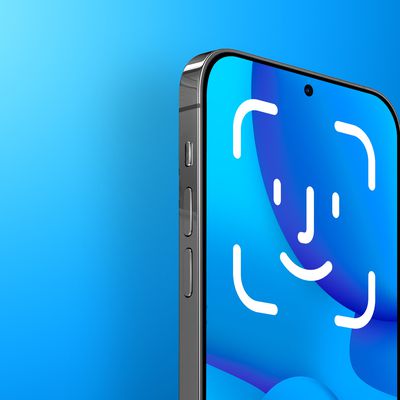














Top Rated Comments
By contrast Microsoft offers $100,000 for a unique kernel level exploit, $15,000 for a Edge browser exploit and $100,000 for a unique solution to a presented exploit that they have yet to come up with / implement.
So if you were to find an Edge browser exploit in Windows 10 and another exploit that allowed you to jump the sandbox and gain root access to the operating system and then figured out a solution to stop the attack that is safe and implementable you could earn yourself $215,000.
Find the same in iOS, macOS, watchOS or tvOS and earn $0. It's about time Apple got serious and offered their own bug bounty program. It's the most meaningful way to get serious vulnerabilities reported.
And remember the FBI and NSA are paying upwards of $1 Million dollars (as shown in congress reports) for root level attacks on iOS, macOS and Windows. That is the competition. If you're a security researcher who're you gonna tell? Apple and earn nothing or the NSA/FBI and change your entire life?
You are calling it innovation, and then snickering at the "Apple marketing" in your mind for calling it innovation.
Well done.
Apple PR's statement that "[t]he kernel cache doesn't contain any user info" is ridiculously obvious to anyone with technical knowledge in this area. That statement is clearly only intended to placate the non-technical masses who might hear "Apple" and "unencrypted" in the same sentence and get worried about the privacy battle.
Secondly, what sort of performance improvement can this possibly make? Even assuming the kernelcache has to be decrypted once per boot, that must take what, a couple hundred milliseconds for the hardware-accelerated AES engine to do its thing?
I am really baffled by Apple's response. If it was indeed intentional, it must have been for reasons other than what they are saying.